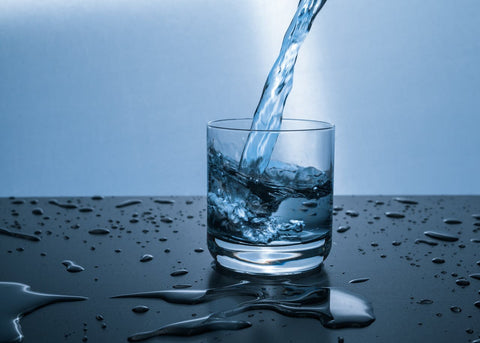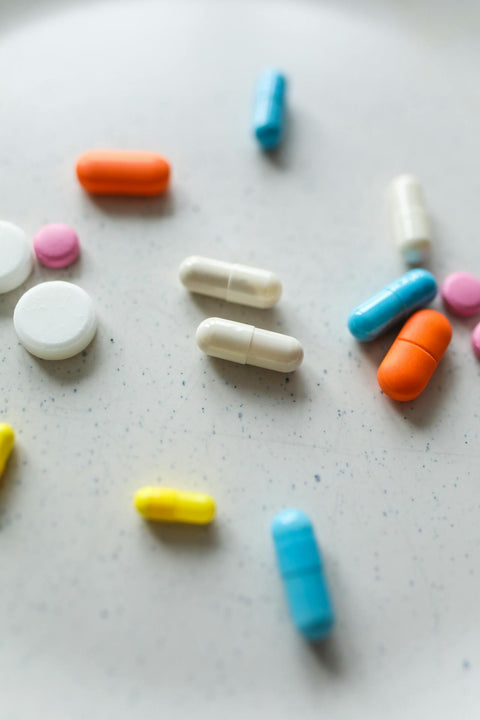Staying hydrated and maintaining electrolyte balance are cornerstones of physical and mental well-being. Water makes up 60% of the human body, while electrolytes like sodium, potassium, and magnesium regulate critical processes such as nerve function, muscle contraction, and pH balance. Despite their importance, many people underestimate the impact of dehydration and electrolyte imbalances on daily health. This article explores why hydration and electrolytes matter, how to spot deficiencies, and practical steps to optimize your intake.
Why Hydration Matters
Water is the foundation of every cellular process. It aids digestion, flushes toxins, regulates body temperature, and cushions joints. Even mild dehydration (a 1-2% loss of body water) can impair focus, energy levels, and physical performance. Chronic dehydration raises risks for kidney stones, urinary tract infections, and hypertension.
Key Signs of Dehydration:
-
Fatigue or dizziness
-
Dark yellow urine
-
Dry mouth or headaches
-
Reduced sweat output during exercise
Daily Hydration Goals:
The National Academies of Sciences recommends 3.7 liters (men) and 2.7 liters (women) of total fluids daily, including water-rich foods like cucumbers and watermelon.
Electrolytes: The Unsung Heroes of Health
Electrolytes are minerals that carry an electric charge, enabling them to:
Regulate Fluid Balance: Sodium and potassium control water distribution between cells and blood.
-
Support Nerve and Muscle Function: Calcium and magnesium enable muscle contractions and nerve signaling.
-
Maintain pH Levels: Bicarbonate helps neutralize acidic byproducts from metabolism.
Common Electrolyte Imbalance Symptoms:
-
Muscle cramps or weakness
-
Irregular heartbeat
-
Confusion or irritability
Nausea
Electrolyte losses occur through sweat, urine, and illnesses like diarrhea. Athletes, hot climate residents, and those on low-carb diets are especially prone to deficiencies.
How to Stay Hydrated and Balanced
-
Drink Water Strategically: Sip small amounts throughout the day rather than gulping large volumes. Add lemon or mint for flavor.
-
Consume Electrolyte-Rich Foods:
-
Sodium: Pickles, olives, broth
-
Potassium: Bananas, spinach, sweet potatoes
-
Magnesium: Nuts, dark chocolate, avocados
-
-
Replenish After Exercise: Opt for low-sugar electrolyte drinks or coconut water post-workout.
-
Monitor Urine Color: Aim for pale yellow, indicating adequate hydration.
**Avoid Overhydration:** Excess water without electrolytes can dilute sodium levels, causing hyponatremia—a dangerous condition.
Key Takeaways
Hydration and electrolytes work synergistically to sustain energy, cognitive function, and organ health. Prioritize water intake, eat mineral-dense foods, and listen to your body’s signals. Simple habits, like carrying a reusable bottle or snacking on nuts, can make a profound difference in your overall wellness.



